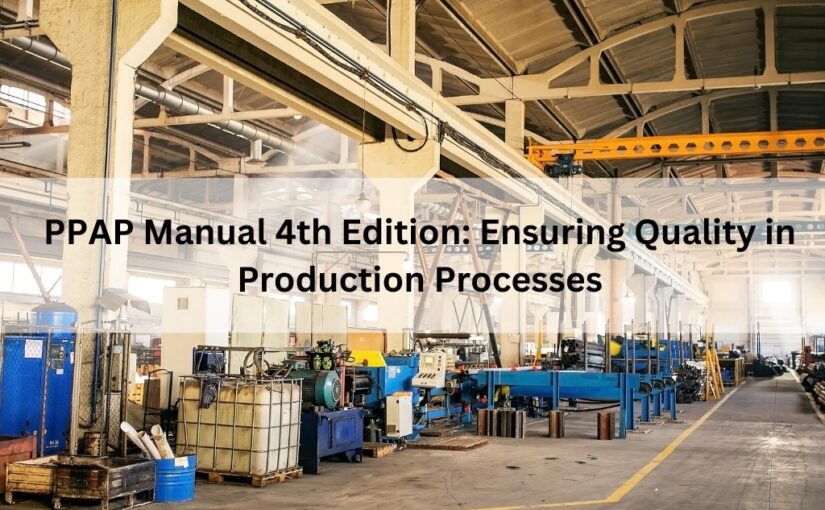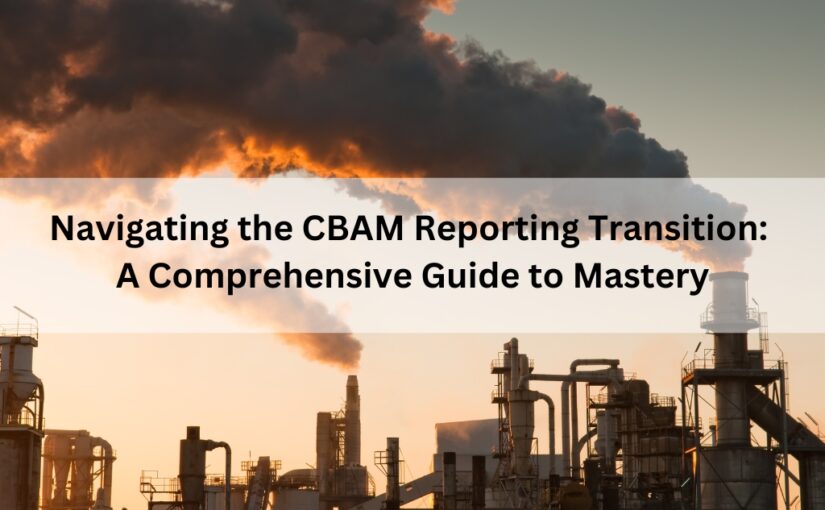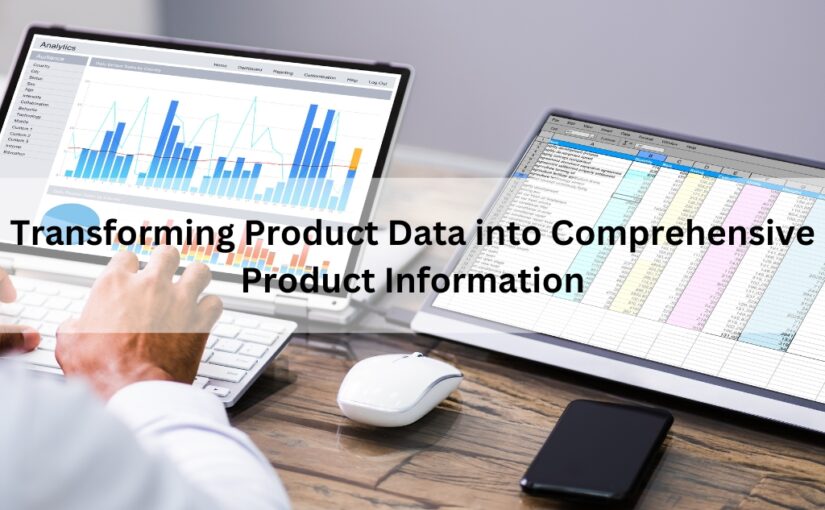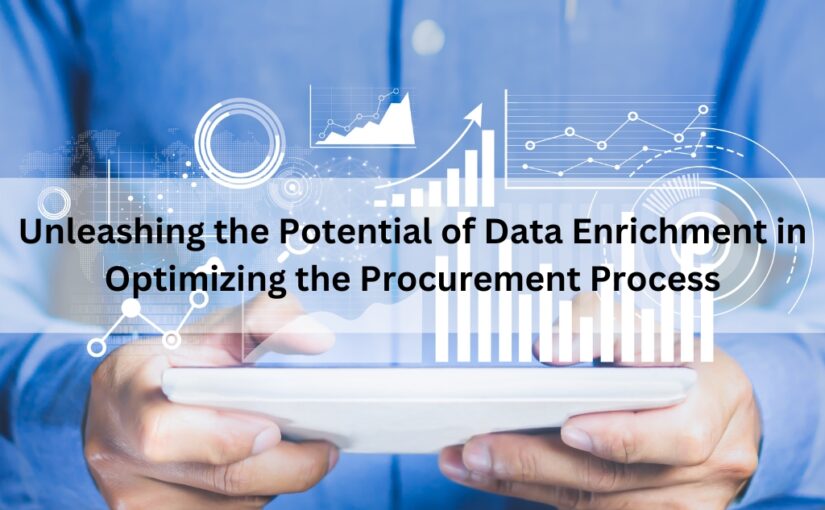Unleashing the Potential of Data Enrichment in Optimizing the Procurement Process
January 10, 2024
Tags: data enrichment, data-driven strategies, procurement optimization, supply chain efficiency
In today’s fiercely competitive business landscape, where data serves as a cornerstone for strategic decisions and customer interactions, companies are increasingly recognizing the pivotal role of data enrichment in unlocking the full potential of their Material Master data. This article delves into the significance of data enrichment, particularly in streamlining the procurement process and driving accelerated growth.
Why Enrich Material Master Data?
Enriched data aids in identifying obsolete inventory items, optimizing procurement by addressing end-of-life cycle products. This proactive approach helps companies cut into profit margins by eliminating obsolete items and optimizing inventory. In essence, embracing data enrichment in the procurement process is not just a technological enhancement but a strategic imperative for companies seeking operational efficiency, cost-effectiveness, and sustainable growth in today’s dynamic business environment.
Why Enrich Material Master Data?
- Improved Customer Profiling: Enriched data facilitates the development of comprehensive customer profiles, empowering companies to better understand their target audience. This understanding enables the customization of offerings to meet specific needs and preferences, leading to more targeted marketing strategies and higher conversion rates.
- Personalized Marketing: Empowered by enriched data, companies can craft personalized marketing messages and campaigns that resonate with potential customers. This level of personalization is crucial in standing out in today’s crowded marketplace, fostering stronger connections with the audience, and driving higher conversion rates.
- Better Segmentation: Enriched data allows for more effective audience segmentation, enabling companies to allocate resources efficiently and target high-value prospects. This results in cost-effective marketing campaigns and focused sales efforts, ultimately yielding better return on investment.
- Enhanced Lead Scoring: Enriched Material Master data contributes to more accurate lead scoring, allowing sales and marketing teams to prioritize efforts on leads with the highest potential. This not only improves overall sales efficiency but also ensures that resources are directed toward opportunities with the highest likelihood of conversion.
- How Data Enrichment Aids Procurement: For asset-intensive companies utilizing ERP/CMMS systems to support their operational capacity, Material Master data is instrumental in the procurement cycle. Data enrichment plays a crucial role in achieving various procurement goals:
- Reduced Purchasing Errors: Accurate Vendor and Manufacturer part number maintenance, aided by enriched data, provides clarity on MRO materials. Standardized codes like UNSPSC, e-class, NMC, HSR enable a universal outlook, reducing errors in procurement and facilitating effective communication between vendors and the company.
- Duplication Management: Data enrichment assists in stock consolidation by eliminating multiple SKUs for the same item. This supports cross-plant stock consolidations and enhances supplier negotiations, providing a clearer demand picture.
- Improved Production Uptime: Standardized data prevents delays in the procurement cycle, minimizing the issuance of wrong parts or incorrect specifications. This, in turn, enhances maintenance job schedule compliance and overall plant reliability, reducing downtime and potential profit loss.
Enriched data aids in identifying obsolete inventory items, optimizing procurement by addressing end-of-life cycle products. This proactive approach helps companies cut into profit margins by eliminating obsolete items and optimizing inventory. In essence, embracing data enrichment in the procurement process is not just a technological enhancement but a strategic imperative for companies seeking operational efficiency, cost-effectiveness, and sustainable growth in today’s dynamic business environment.










